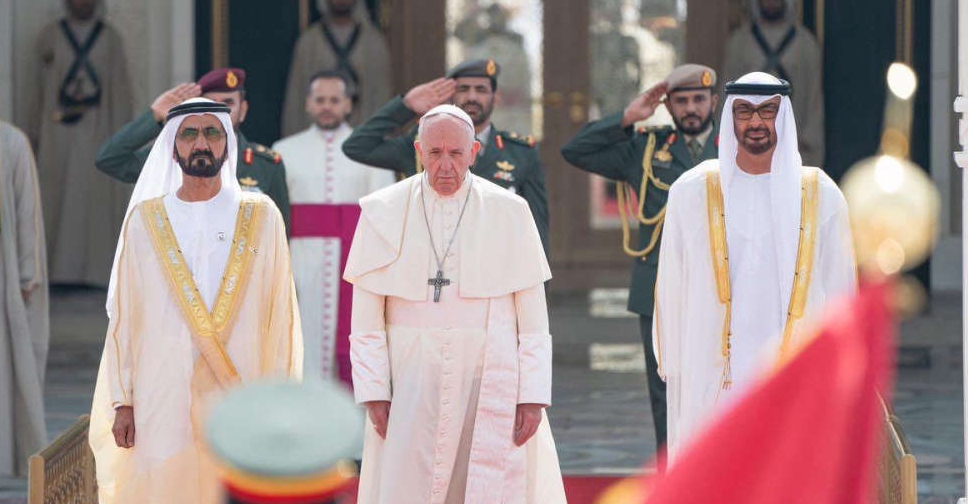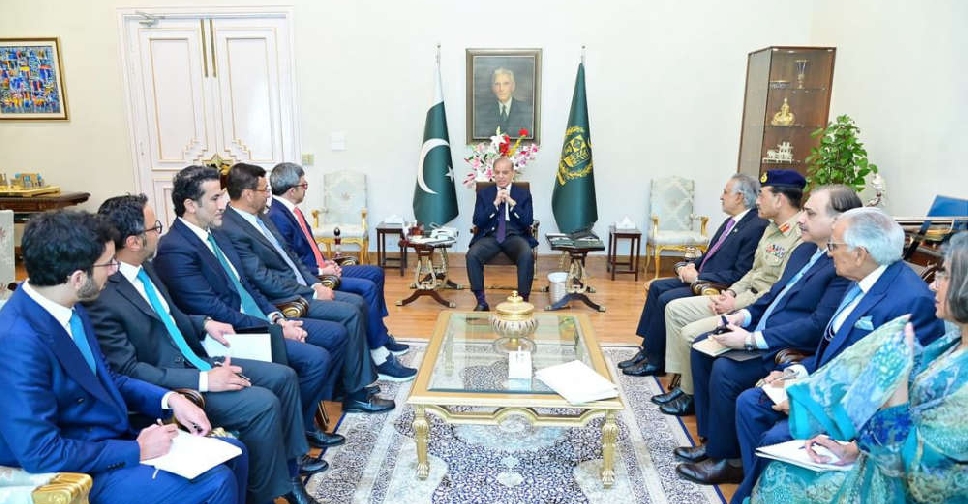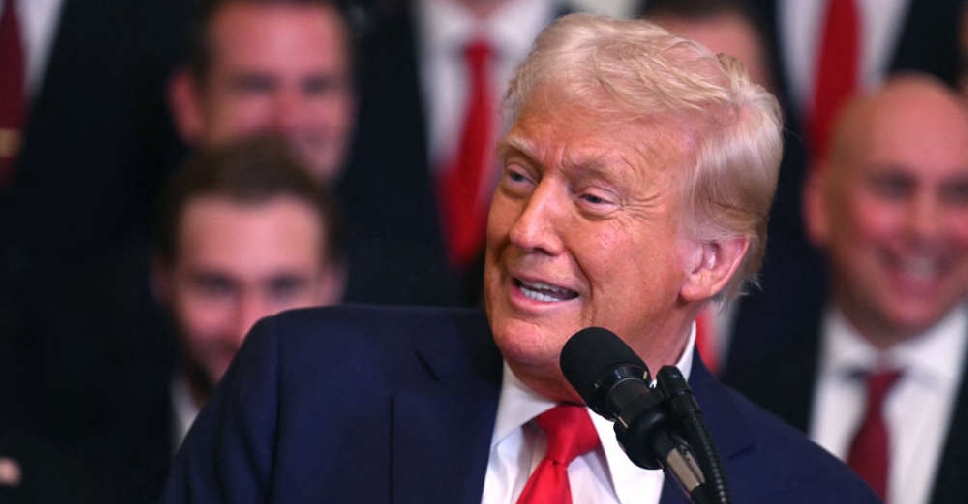
US President Donald Trump suspended his threat of steep tariffs on Mexico and Canada on Monday, agreeing to a 30-day pause in return for concessions on border and crime enforcement with the two neighbouring countries.
Trump's additional 10 per cent tariff across all Chinese imports into the US came into effect at 12:01 a.m. ET on Tuesday (0901 GST). China's finance ministry immediately announced a package of tariffs on a range of US products, including levies of 15 per cent for US coal and LNG and 10 per cent for crude oil, farm equipment and some autos, starting on February 10.
China also said it was starting an anti-monopoly investigation in Alphabet Inc's Google, while including both PVH Corp, the holding company for brands including Calvin Klein, and US biotechnology company Illumina on its "unreliable entities list".
Both Canadian Prime Minister Justin Trudeau and Mexican President Claudia Sheinbaum said they had agreed to bolster border enforcement efforts in response to Trump's demand to crack down on immigration and drug smuggling. That would pause 25 per cent tariffs due to take effect on Tuesday for 30 days.
Canada agreed to deploy new technology and personnel along its border with the United States and launch cooperative efforts to fight organised crime, fentanyl smuggling and money laundering.
Mexico agreed to reinforce its northern border with 10,000 National Guard members to stem the flow of illegal migration and drugs.
The United States also made a commitment to prevent trafficking of high-powered weapons to Mexico, Sheinbaum said.
"As President, it is my responsibility to ensure the safety of ALL Americans, and I am doing just that. I am very pleased with this initial outcome," Trump said on social media.
The agreements forestall, for now, the onset of a trade war that economists predicted would damage the economies of all involved and usher in higher prices for consumers.
After speaking by phone with both leaders, Trump said he would try to negotiate economic agreements over the coming month with the two largest US trading partners, whose economies have become tightly intertwined with the United States since a landmark free-trade deal was struck in the 1990s.
No such deal has emerged for China, which faces across-the-board tariffs of 10 per cent that are poised to begin on Tuesday. A White House spokesperson said Trump would not be speaking with Chinese President Xi Jinping until later in the week.

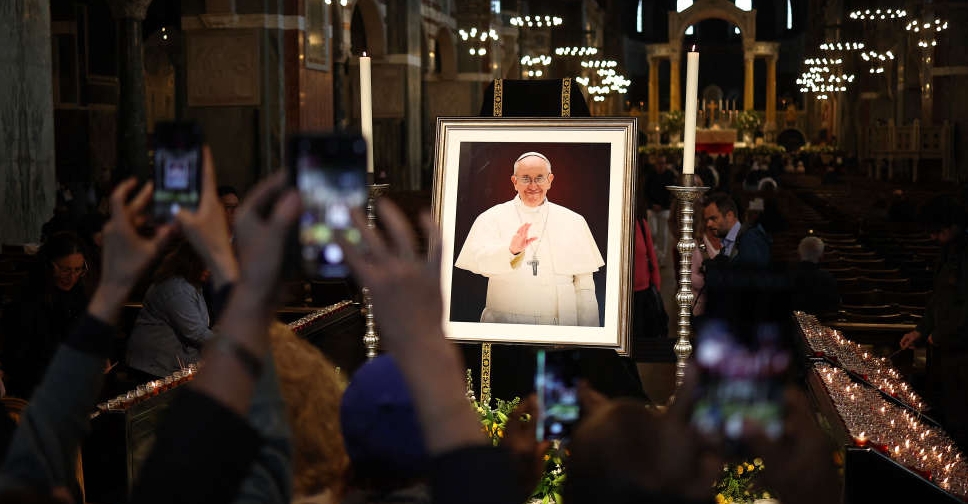 Cardinals to meet after death of Pope Francis, plan for funeral
Cardinals to meet after death of Pope Francis, plan for funeral
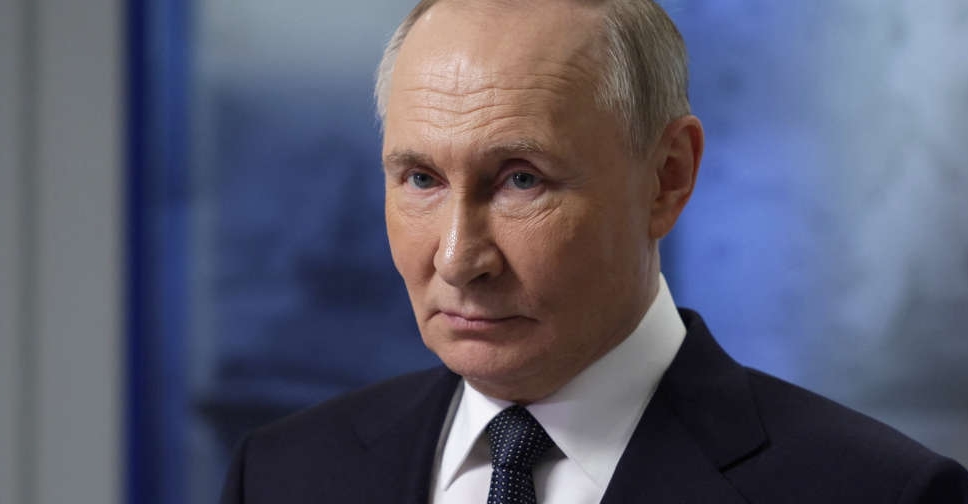 Putin says he is open to direct peace talks with Ukraine
Putin says he is open to direct peace talks with Ukraine
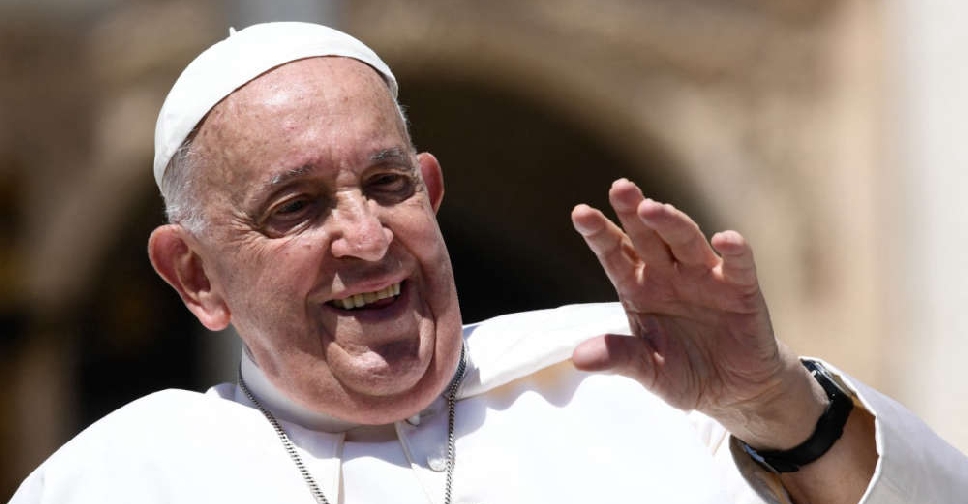 Pope Francis dies after stroke and cardiac arrest, Vatican says
Pope Francis dies after stroke and cardiac arrest, Vatican says
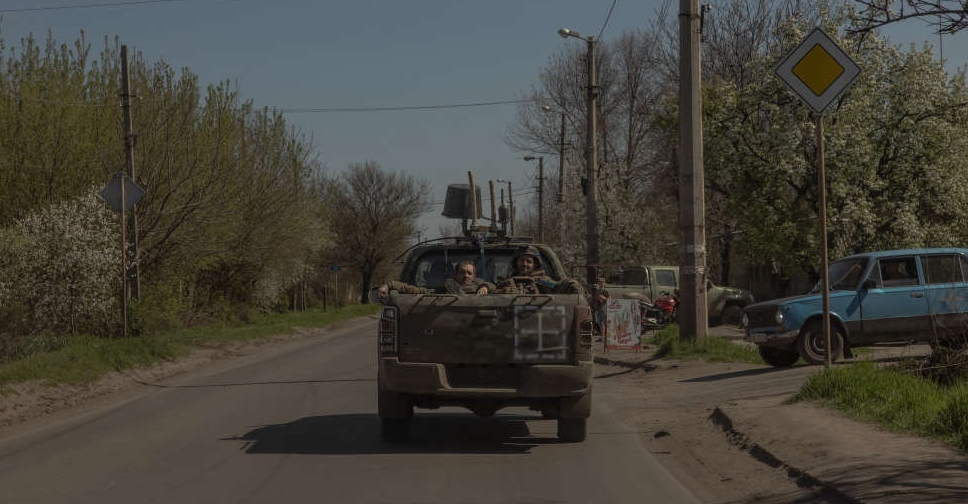 Half of Ukraine under air raid alerts hours after Russia ceasefire ends
Half of Ukraine under air raid alerts hours after Russia ceasefire ends
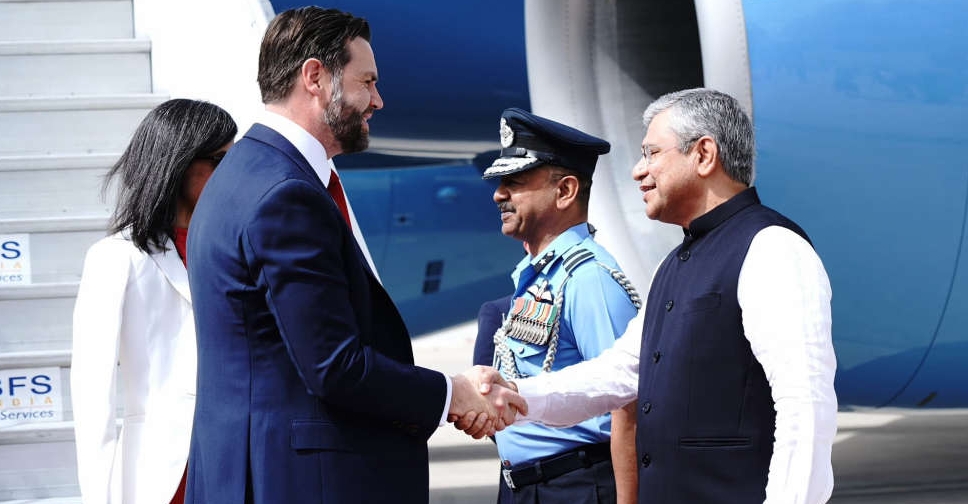 Vance arrives in India, to hold talks with Modi under US tariffs shadow
Vance arrives in India, to hold talks with Modi under US tariffs shadow
